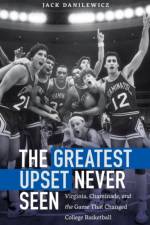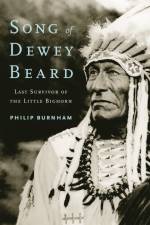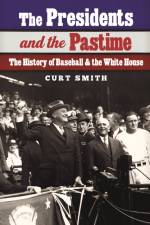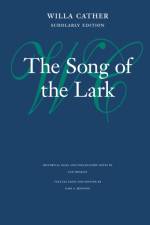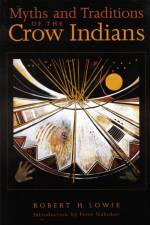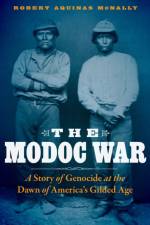- The Forgotten Era of Women's Bicycle Racing
von Roger Gilles
31,00 €
The 1890s was the peak of the American bicycle craze, and consumers, including women, were buying bicycles in large numbers.┬áDespite critics who tried to discourage women from trying this new sport, women took to the bike in huge numbers, and mastery of the bicycle became a metaphor for women’s mastery over their lives. Spurred by the emergence of the “safety” bicycle and the ensuing cultural craze, women’s professional bicycle racing thrived in the United States from 1895 to 1902. For seven┬áyears, female racers drew large and enthusiastic crowds across the country, including Cleveland, Detroit, Indianapolis, Chicago, Minneapolis, St. Louis, Kansas City, and New Orleans—and many smaller cities in between. Unlike the trudging, round-the-clock marathons the men (and their spectators) endured, women’s six-day races were tightly scheduled, fast-paced, and highly competitive. The best female racers of the era—Tillie Anderson, Lizzie Glaw, and Dottie Farnsworth—became household names and were America’s first great women athletes.┬áDespite concerted efforts by the League of American Wheelmen to marginalize the sport and by reporters and other critics to belittle and objectify the women, these athletes forced turn-of-the-century America to rethink strongly held convictions about female frailty and competitive spirit. By 1900 many cities began to ban the men’s six-day races, and it became more difficult to ensure competitive women’s races and attract large enough crowds.┬áIn 1902 two racers died, and the sport’s seven-year run was finished—and it has been almost entirely ignored in sports history, women’s history, and even bicycling history. Women on the Move tells the full story of America’s most popular arena sport during the 1890s, giving these pioneering athletes the place they deserve in history.








